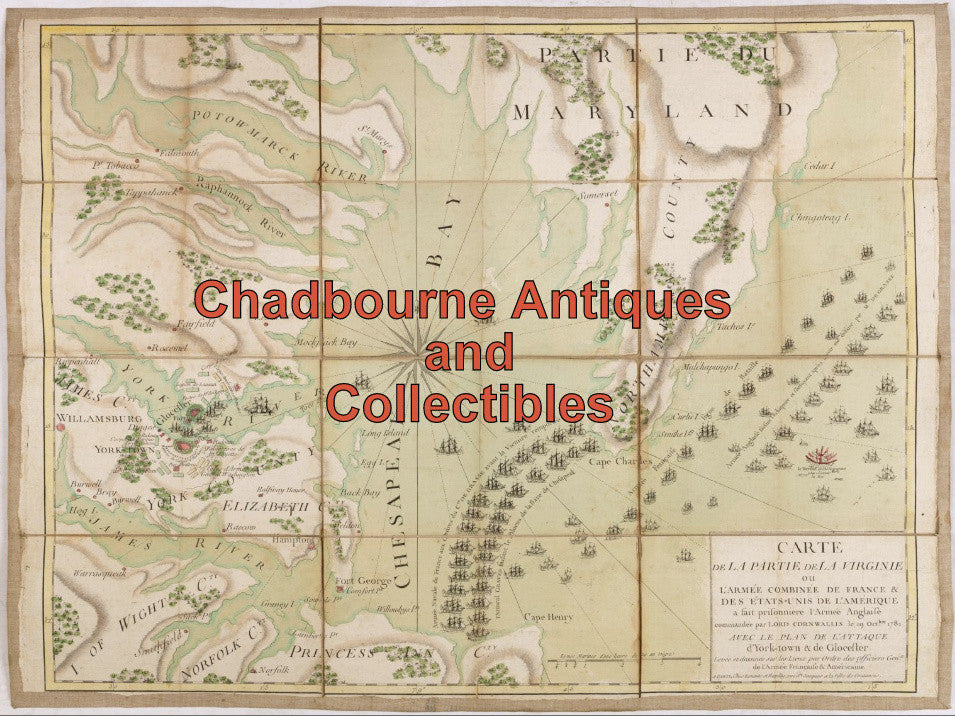$43.00 CAD
| /
Bill of lading for a shipment of blankets and cotton from Liverpool to Loango (Congo) Africa.
Nice graphic of a ship with both steam and sail, and what looks to be the flag of the Elder-Dempster Co. Also has '6 Pence' revenue stamp.
AFRICAN STEAM-SHIP COMPANY
Incorporated by Royal Charter
Outwards from Liverpool
Tto Loango (Congo) Africa, on ship called the 'Oil Rivers'. Shipment sent by P. Ancel Seitz, represented by his agent Paul Lecorneur. This bill is for shipment that consists of 2 bales of blankets, 1 bale of cotton.. Dated 15th July 1892
Also has stamp 'FACTURE au Cr. Loango le 20 fevrier 1892' which is 'BILL for Cr. (Credit?) Loango 20th February 1892'
Folded vertically. Some small smudges, small creases.
17 x 24.5 cm
The Oil Rivers was built in 1890, weighed 2,777 tons, and served until 1893, was renamed Cabenda, in 1907 sold to the Shipping Syndicate, London, chartered back, again in 1912 sold, renamed Elmwood
The African Steamship Company was a British shipping line in the 19th and early 20th centuries.
In 1864 the African Steamship Company took over the Dominion Line and Beaver Line to begin operating Liverpool-Canada services. The company proved sufficiently successful that in 1869 a rival company, the British and African Steam Navigation Company, was founded, but both companies later came to an arrangement on sailing times. The business of the African Steamship company was purchased by Elder, Dempster and Company, Limited in 1891, who had bought the British and African Steam Navigation Company two years earlier, although both companies continued operating as distinct organisations.
Prosper Ancel-Seitz was a French politician (1846-1930). Owner of a cotton spinning mill, he was president of a mutual insurance company that insured businesses against occupational accidents of the textile industry. He was also a president of the colonial cotton association and the vice-president of the committee of the foreign trade. He was a delegate in the National Assembly for the Vosges from 1902 till 1906.
WIKIPEDIA
